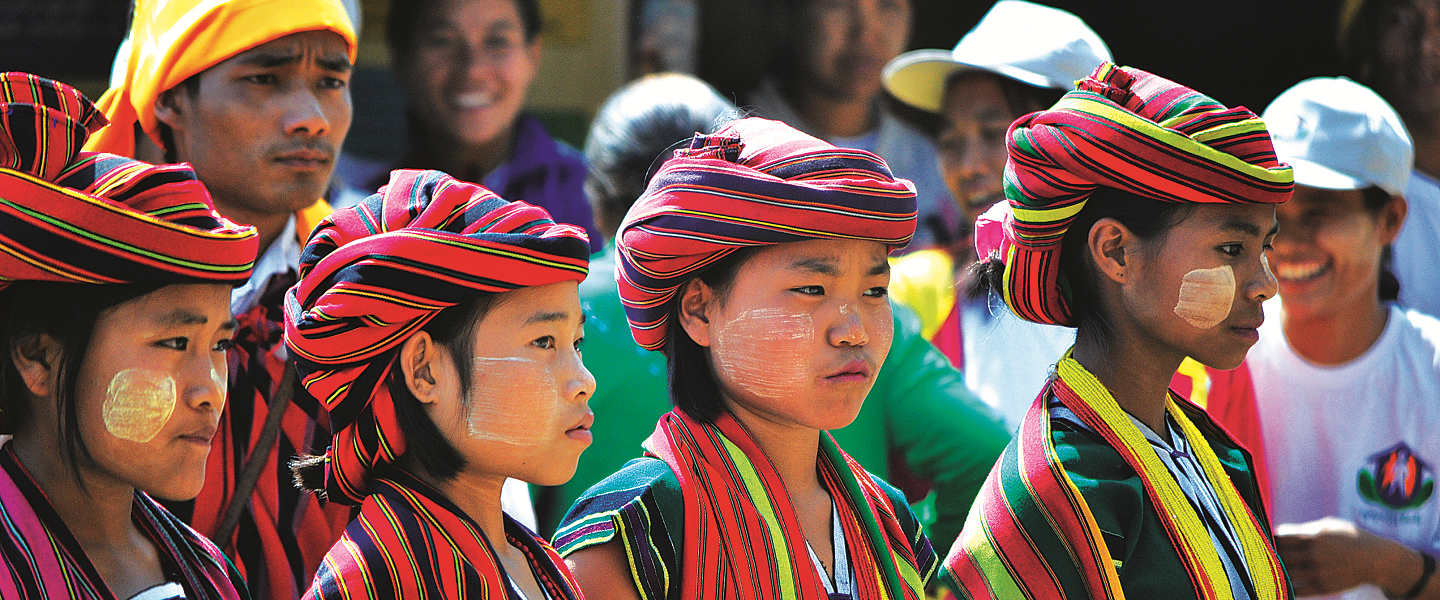Aiming to promote technological inclusion, the Coordination of Policies for Indigenous Peoples supported the survey of local infrastructure for the implementation of an internet network in the indigenous villages of Jaraguá, in partnership with a group of civil society volunteers.
3- Education Aiming to promote an education that addresses the diversities of society and the promotion of human rights, didactic material was produced and disseminated in municipal elementary schools, containing a video testimonial by Jerá Guarani, from the Kalipety village, in honor of indigenous women.
6- Clean Air, Aiming at creating the greatest possible number of green areas, in partnership with SVMA, the supply of more than 600 seedlings of native trees for reforestation of indigenous territories in the city of São Paulo – Jaraguá and Parelheiros – was articulated. In addition, aiming at positive environmental impacts through the reduction of pollutant emissions, the supply and installation of Biodigesters, coming from SMRI in the villages of Jaraguá, was articulated.
9- Leisure and Tourism, With a view to encouraging spaces for the expression of the culture of indigenous peoples, the Indigenous Cinema and Handicrafts Exhibition was organized at the April Indigenous 2022 event in Vila Itororó in partnership with SMDET.
10- Vulnerable families, in order to meet the demands of vulnerable indigenous families, indigenous peoples were included in the Mãos e Mentes Paulistanas Program, implemented by SMDET, which aims to improve the economic and social activity of registered artisans and manualists from São Paulo, with the aim of qualifying them. them and facilitate their autonomous entrepreneurial career (Axes: vulnerable families, accessibility). In addition, monitoring was carried out of the SMDET Work Allowance Program, in progress in Jaraguá and Parelheiros, which transfers income to young people aged between 16 and 20, who belong to low-income families who are enrolled in courses linked to the national education system or who have completed high school, including professional training. In addition, with a view to encouraging indigenous culture and income generation, trophies and indigenous art were contracted to carry out the Human Rights and Diversity Seal organized by the Human Rights Department, which aims to recognize initiatives by companies, public agencies, and civil society organizations that promote and defend human rights.

